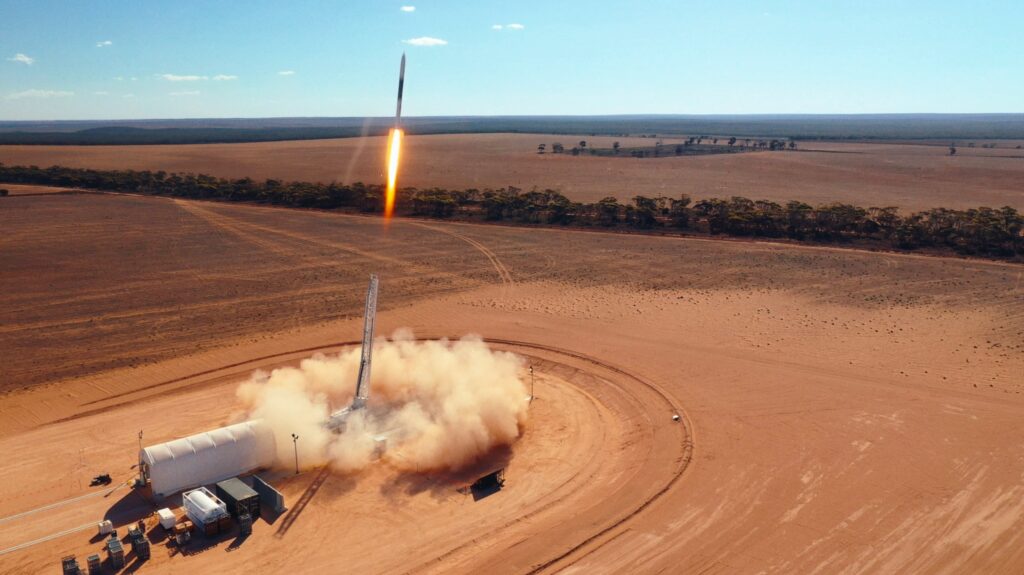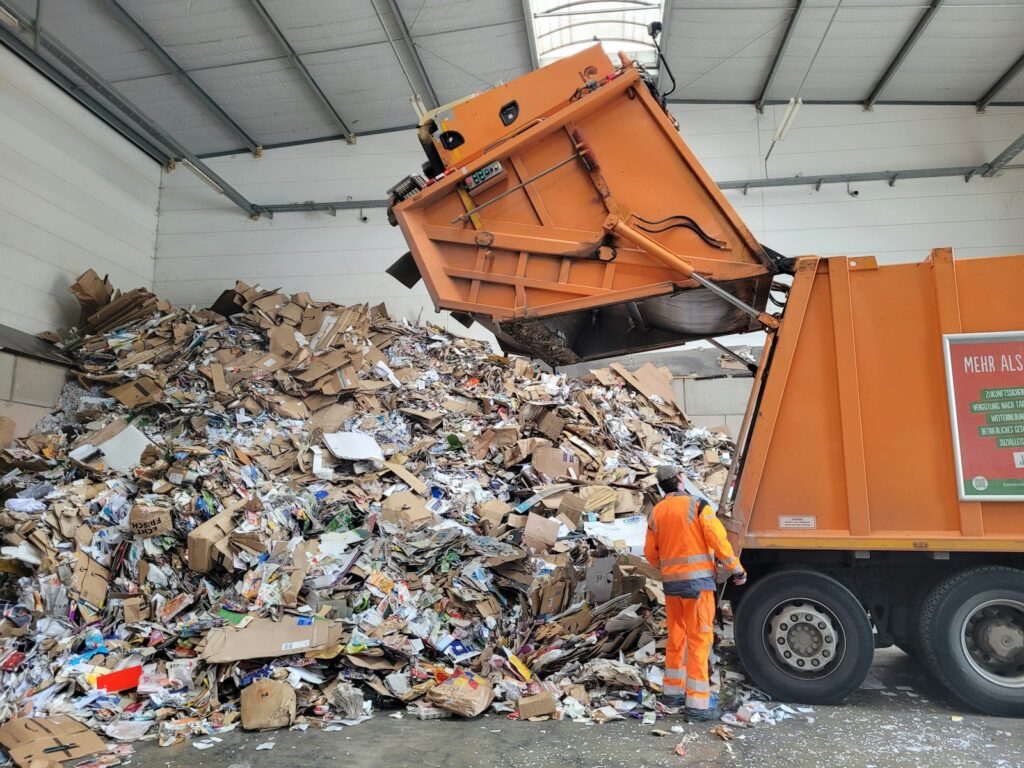Ahead of the UK’s General Election 2024, we’re analysing manifestos from the major political parties on environmental terms.
Reform UK — the ‘national political party offering common sense policies on immigration, the cost of living, energy and national security’ — are currently polling as the third biggest faction in the race for British leadership. Led by Nigel Farage, critics label the organisation ‘populist’, while advocates cite ‘honest’ and ‘straight talking’ approaches to governance. A welcome break from traditional politicians.
Whichever viewpoint you agree with, there’s no denying Reform will be this year’s most improved election hopefuls, almost coming out of nowhere to claim around 16% of the country’s vote, if pollsters can be believed. Some even put the party ahead of the Conservatives now, despite Farage’s comments suggesting the West was to blame for Vladimir Putin’s invasion of Ukraine.
The energy crisis that began as a result of military conflict between Moscow and Kiev is one of the major election issues — or at least how to protect the public from the likelihood of similar situations unfolding, although it’s debatable whether Reform really recognises this. So far, the party has promised to fast-track licenses for North Sea oil and gas projects, a step which in theory will introduce more fuel supply to the world, but is unlikely to offer the UK any real gains in energy security due to the nature of how the industry sells its products. Renewables, electricity from which would go directly into Britain’s grid rather than the global market, are nowhere to be seen.
Further to this, promises to scrap all net zero legislation and abandon current targets, many of which are internationally ratified and legally binding, also paints an ominous picture of the environment under Farage’s leadership. Environment Journal has reported extensively on the need to increase investment, research, development and rollout in this area if we are to stand a chance of achieving zero carbon within the next 30 years, so to cancel this before the real work has begun is tantamount to sabotaging nature.
A key Reform argument is that net zero is likely to cost the country hundreds of billions, and this will fall on the most economically vulnerable. This doesn’t have to be the case, and the price of inaction is becoming greater by the day due to flooding, heatwaves, storms, and other extreme weather events. According to the Green Finance Institute, deterioration of the UK’s natural environment could reduce overall GDP by 12% — making everyone poorer. Meanwhile, the size of workforce needed to drive low emission and net zero transition means there are huge opportunities for employment and growth in related fields, catalysing localised regeneration through clean industries, contributing towards levelling up regional inequalities.
‘Nature is almost entirely absent from the Reform UK manifesto,’ says the Royal Society for the Protection of Birds in its own analysis of the party’s pledges. ‘The UK Government has made legally binding commitments to protect 30% of our lands and seas by 2030. There’s no specific mention of this commitment within the Reform UK manifesto, and no proposed actions to look after our currently protected sites or create new protected landscapes.
‘With 71% of the UK farmed, we know that the way we farm is key to the recovery of nature. The pledge to scrap climate-related subsidies and current nature-friendly schemes and return to direct payments to farmers would be a huge backward step,’ the assessment continues. ‘Farmers need support to transition to more nature-friendly farming methods. They also need easily accessible funding so they can use some land to provide environmental services that we increasingly need, such as natural flood defences and locking away carbon that will build resilience in a changing climate. Going back to direct payments would lock farmers into a broken food system.’
In contrast, Reform UK has proposed potentially effective steps towards fisheries, including a guarantee on sustainable fish stocks in British waters. Notably, though, this lacks specifics on the how’s and when’s, while blue carbon, offshore wind, and nature-positive marine spatial planning are also absent. And there’s no talk of protection for any marine areas, either. Given what we already know about the party’s view on North Sea fossil fuels, these omissions are unlikely to be rectified anytime soon.
It’s now one week until the country goes to the vote, and as we suggested in our recent analysis of a detail-lite Labour Party manifesto, this election represents a last chance for the environment — with many goals, including net zero and nature restoration — now pegged to dates which are looming fast. It’s also a pivotal moment for the centrist parties. So to do nothing now, or, even worse, reversing what few gains have already been made in the climate crisis, won’t just delay things, it could mean it’s too late to mitigate once the next government bows out.
Image: Steve Houghton-Burnett
More on General Election 2024:
Lacking detail: Labour’s manifesto falls short on commitment
The UK environment deserves better than the Conservative manifesto

















